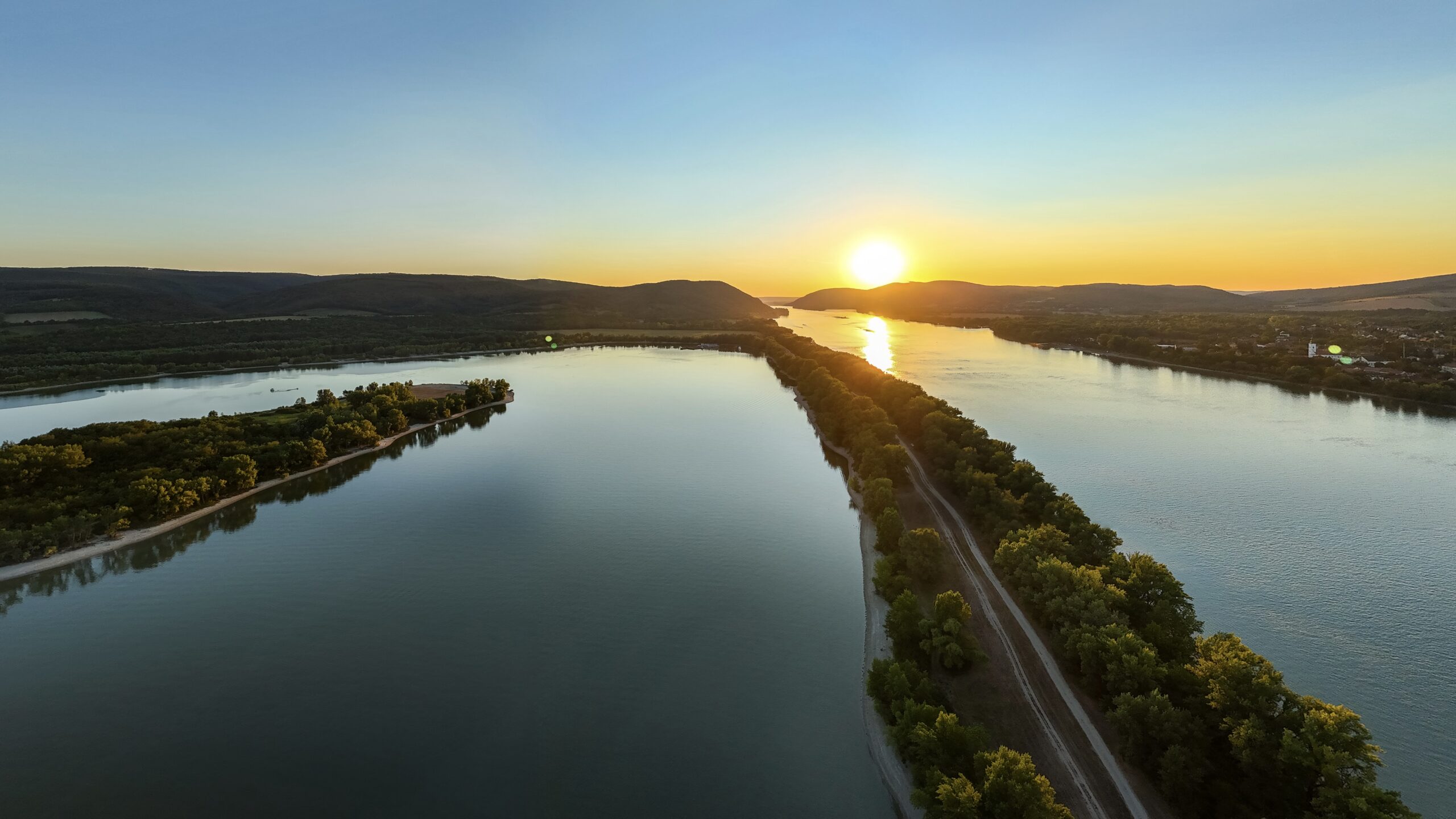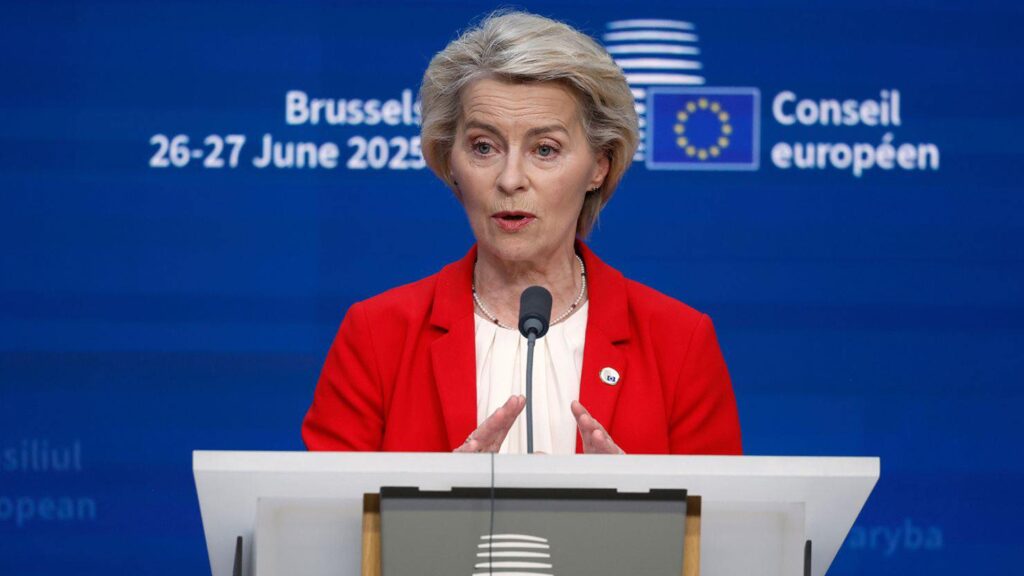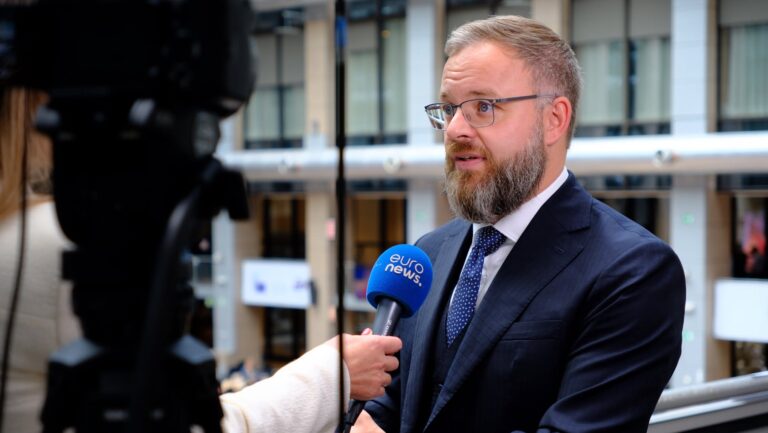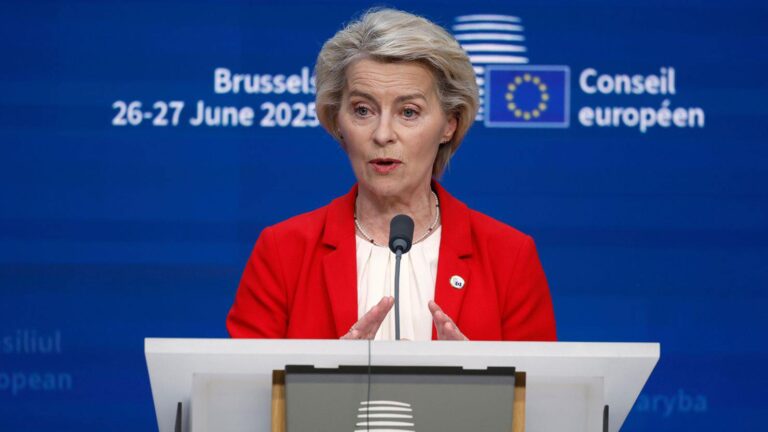János Áder, former president of Hungary and chairman of the Blue Planet Climate Protection Foundation, spoke in Budapest about the pressing challenges of climate change and the importance of sustainable development. Addressing students at Pázmány Péter Catholic University, he stressed that while the causes of climate change are still debated in some circles, the rapid pace of global warming is undeniable.
He outlined the impact of population growth and industrialization on climate patterns, noting that while it took humanity thousands of years to reach a global population of two billion by the early 20th century, the number has since quadrupled to eight billion in just a century. Alongside this demographic shift, the rise in carbon dioxide levels since the 1800s has paralleled a steady increase in global temperatures.
Despite efforts to expand renewable energy production, Áder pointed out that 80 per cent of the world’s energy supply still comes from fossil fuels. If current trends continue, he warned, by the end of this century, 500 million people could be displaced due to rising sea levels—more than the total population of the European Union. This would have profound environmental and social consequences.
According to Áder, 80 per cent of climate change’s effects are felt through water-related phenomena. He described how accelerating hydrological cycles lead to more frequent and extreme weather events, including severe floods and prolonged droughts. Between 2021 and 2023 climate-related damage in the EU alone amounted to 160 billion euros.
The former president also discussed the environmental impact of industries such as food production, textiles, and electronics manufacturing. The production, storage, and transportation of food require vast amounts of energy, and food waste represents a significant loss of resources. Meanwhile, the textile industry accounts for 10 per cent of global carbon emissions, and the environmental impact of mobile devices surpasses that of air travel.
Beyond environmental pollution, Áder introduced the concept of ‘intellectual pollution’. He argued that modern digital consumption, disposable culture, and misinformation contribute to a decline in meaningful social interactions and values. He urged individuals to recognize and uphold genuine achievements in culture, sports, business, and politics while avoiding false ideologies and superficial trends.
He emphasized that preserving Hungary and the Carpathian Basin in its current form requires serious discussions and collective solutions. When asked about policy measures, Áder noted that regulations compelling major polluters to cut emissions must be established at the global level. Climate goals should be driven by the world’s leading economies, with smaller nations adapting accordingly.
His message was clear: while global agreements are essential, individuals must also take responsibility by making small, meaningful changes in their daily lives to protect the planet for future generations.
Related articles:








